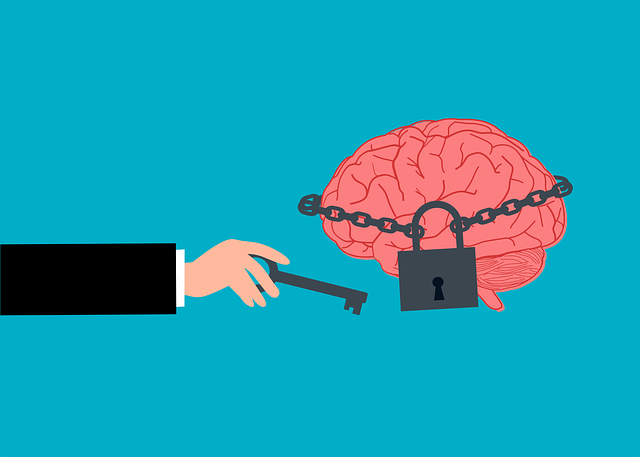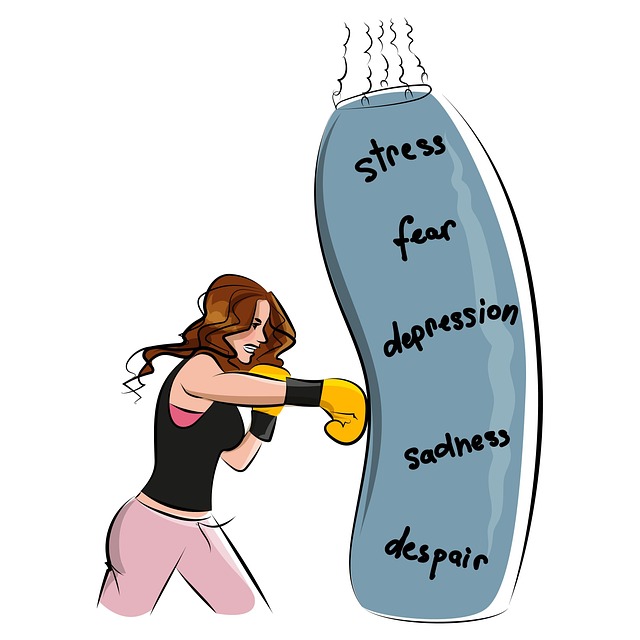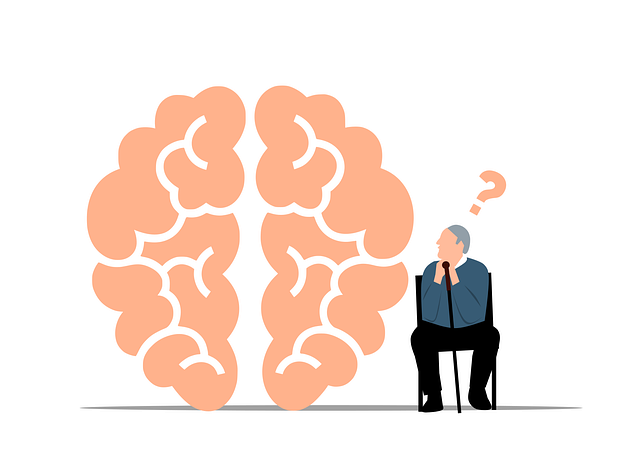The pervasive stigma surrounding mental illness prevents many adolescents and teens from seeking help, often due to societal perceptions of weakness or personal failings. Northglenn Adolescent and Teen Therapy (NATT) combats this through dedicated Mental Health Awareness initiatives, offering safe spaces for evidence-based treatments and non-judgmental environments. Their comprehensive programs include crisis intervention guidance, self-care practices, and mindfulness meditation to build resilience and reduce stigma. By educating the community, training professionals in early intervention strategies, and providing accessible resources like support groups and coaching programs, NATT is pioneering a culture of understanding and care for young mental health sufferers.
In today’s digital era, mental illness stigma remains a pervasive challenge, particularly among adolescents and teens. This article delves into the complex landscape of this issue, exploring the profound impact of stigma on vulnerable youth. We navigate strategies for reducing stigma within Northglenn communities, focusing on the transformative role of initiatives at Northglenn Adolescent and Teen Therapy. By understanding the barriers and fostering inclusive environments, we can create a more supportive ecosystem for young individuals grappling with mental health concerns.
- Understanding the Stigma Surrounding Mental Illness
- The Impact of Stigma on Adolescents and Teens
- Strategies for Reducing Stigma in Northglenn Communities
- Supporting Initiatives at Northglenn Adolescent and Teen Therapy
Understanding the Stigma Surrounding Mental Illness

The stigma surrounding mental illness is a pervasive issue that often prevents individuals from seeking help and support. It’s crucial to understand that mental health struggles are just as valid as physical ailments, yet societal perceptions have long portrayed them differently. This negative perception, or stigma, can manifest in various ways—from discrimination in the workplace to limited access to quality care. Many people suffering from depression, anxiety, or other common mental disorders feel ashamed, leading them to isolate themselves rather than reach out for assistance.
In Northglenn, Colorado, organizations like the local Adolescent and Teen Therapy clinics are dedicated to combating this stigma through Mental Health Awareness initiatives. They offer Crisis Intervention Guidance tailored to young people, helping them navigate turbulent times. By providing safe spaces and evidence-based treatments, these therapy centers empower teens to build resilience and self-confidence (Confidence Boosting). Through education and open dialogue, the goal is to create a more supportive environment where individuals feel understood and encouraged to prioritize their mental well-being without fear of judgment.
The Impact of Stigma on Adolescents and Teens

The impact of stigma on adolescents and teens is profound, often hindering their ability to seek help for mental health issues. In Northglenn, adolescent and teen therapy services play a crucial role in mitigating this effect. Stigma can lead young individuals to internalize negative beliefs about themselves, causing anxiety, depression, and even self-harm. It also creates barriers to access care, as teens may avoid professional support out of fear of judgment or embarrassment.
Cultural sensitivity in mental healthcare practice is essential to addressing these challenges. By understanding and respecting diverse backgrounds and experiences, therapists can create safe spaces for adolescents to express their struggles openly. Incorporating self-care practices and mindfulness meditation into therapy sessions can further empower teens to manage stress and cultivate resilience. These approaches not only help reduce stigma but also promote overall well-being, enabling young people to thrive despite the challenges they face.
Strategies for Reducing Stigma in Northglenn Communities

Reducing stigma around mental illness is a collective effort that requires diverse strategies tailored to the Northglenn community. One effective approach involves empowering adolescents and teenagers through education and open conversations. Providing accessible resources, such as Northglenn Adolescent and Teen Therapy services, plays a pivotal role in normalizing discussions about mental health. These therapeutic settings offer safe spaces for young individuals to express their struggles and learn coping mechanisms.
Community-wide initiatives can further reinforce positive changes. This includes workshops focused on stress management and resilience building, which are crucial skills for navigating life’s challenges. Additionally, training mental health professionals in risk assessment can help identify and support those struggling with mental illness early on, thereby reducing the impact of stigma by fostering an environment of understanding and care.
Supporting Initiatives at Northglenn Adolescent and Teen Therapy

Northglenn Adolescent and Teen Therapy (NATT) is at the forefront of mental illness stigma reduction efforts, providing a safe space for young individuals to openly discuss their experiences. Through various initiatives, NATT offers not just therapy but also education and support groups that help dispel myths surrounding mental health. Their tailored programs focus on early intervention, aiming to identify and address depression prevention concerns among teens.
The center has developed innovative Mental Wellness Coaching Programs that empower adolescents to take charge of their mental health. These programs are designed to enhance resilience, promote self-care strategies, and foster better coping mechanisms. By actively involving both teenagers and their families, NATT ensures a holistic approach to mental illness stigma reduction, aiming to create a supportive environment where every young person feels understood and valued.
Mental illness stigma is a pervasive issue, but with concerted efforts, such as those initiated by Northglenn Adolescent and Teen Therapy, we can foster understanding and compassion. By educating communities and implementing targeted strategies, we can create a more supportive environment for young people facing mental health challenges. Continued advocacy and collaborative initiatives hold the key to reducing stigma and ensuring that adolescents and teens receive the care they need without fear of judgment or discrimination.








